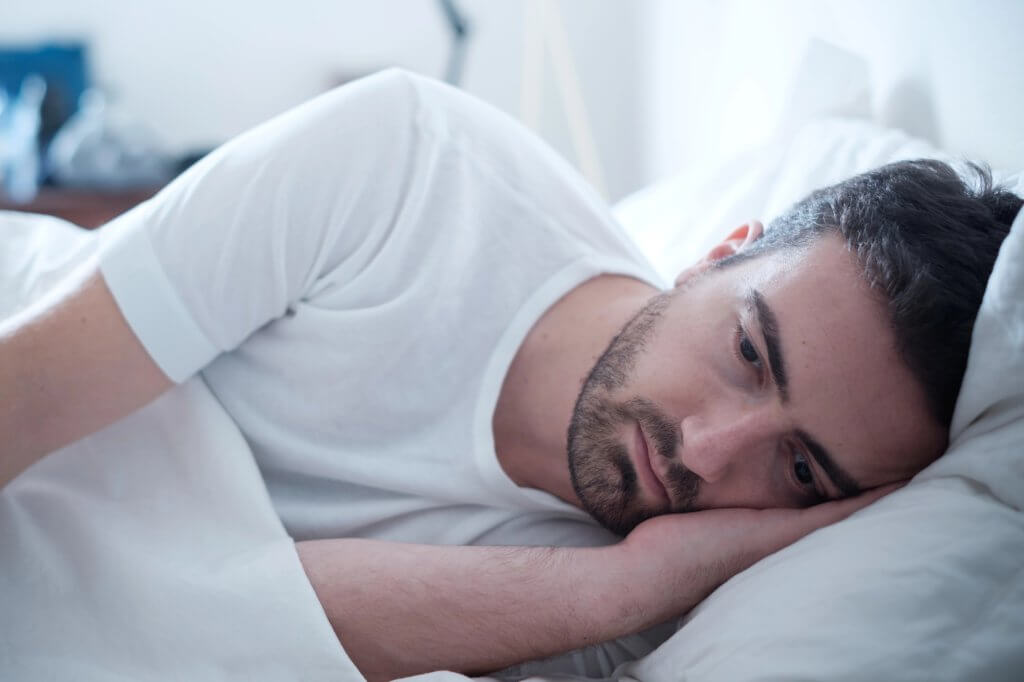Sleep Apnea—A Mouth Guard May Beat the CPAP
Sleep apnea is a common sleep disorder that affects millions of people worldwide. It is characterized by pauses in breathing during sleep, which leads to daytime fatigue, increased risk of heart disease, and other health complications.

Advantages of Mouth Guards for Sleep Apnea Treatment
The 2 primary treatment options for sleep apnea are continuous positive airway pressure (CPAP) therapy and mouth guards.
Unlike CPAP therapy, which involves wearing a mask over the face and delivering pressurized air to keep the airway open, mouth guards offer a non-invasive alternative for treating sleep apnea. Mouth guards work by repositioning the jaw or tongue to prevent airway obstruction during sleep, offering a gentler and less intrusive treatment approach for patients with mild to moderate sleep apnea.
(Learn why the CPAP falls short of expectations.)
One of the most significant advantages of using a mouth guard for sleep apnea treatment is the comfort and convenience it provides. Mouth guards are oral appliances that can be custom-fitted, comfortable to wear, and easy to use. Patients often find it more convenient to wear a mouthguard than to deal with the bulkiness and noise of a CPAP machine. Additionally, they do not need a power source, so you won’t be without treatment in the event of electrical outages.Studies have shown that many patients find it challenging to adhere to CPAP therapy due to discomfort, mask leaks, and other issues, whereas mouth guards are generally better tolerated and easier for patients to use consistently, which generally leads to better compliance and overall treatment success.
Studies have shown that many patients find it challenging to adhere to CPAP therapy due to discomfort, mask leaks, and other issues, whereas mouth guards are generally better toleratedmore tolerable and easier for patients to use consistently, which generally leads to better compliance and overall treatment success. As low as 40% of patients adhere to the CPAP protocol long term, whereas mouth guards have upwards of 80% compliance.
Another advantage of mouth guards over CPAP machines is their portability. Mouth guards are small, lightweight, and easily carried while traveling or staying overnight at a different location. This portability makes it convenient for patients to continue their sleep apnea treatment even when away from home, ensuring continuity of care and better overall outcomes.
In comparison to CPAP therapy, which can be costly due to machine maintenance, mask replacements, and ongoing supplies, mouth guards are a more cost-effective treatment option. Mouth guards typically have lower initial costs and require minimal upkeep, making them a more affordable choice for patients seeking effective and sustainable treatment for their sleep apnea.
Mouth Guards May Be Superior for Sleep Apnea Treatment
Mouth guards offer several advantages over CPAP therapy as a treatment option for sleep apnea, from enhanced comfort and convenience to better compliance, portability, customization, and cost-effectiveness. By choosing a mouth guard as a treatment for sleep apnea, patients can experience improved sleep quality, enhanced overall well-being, and a better quality of life.
